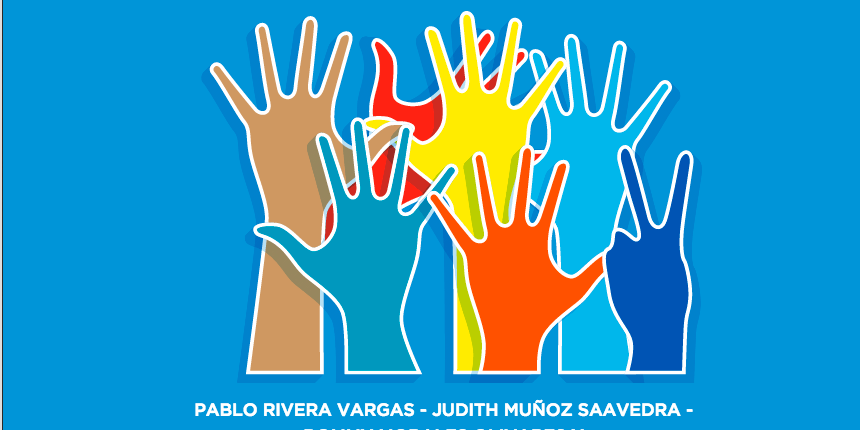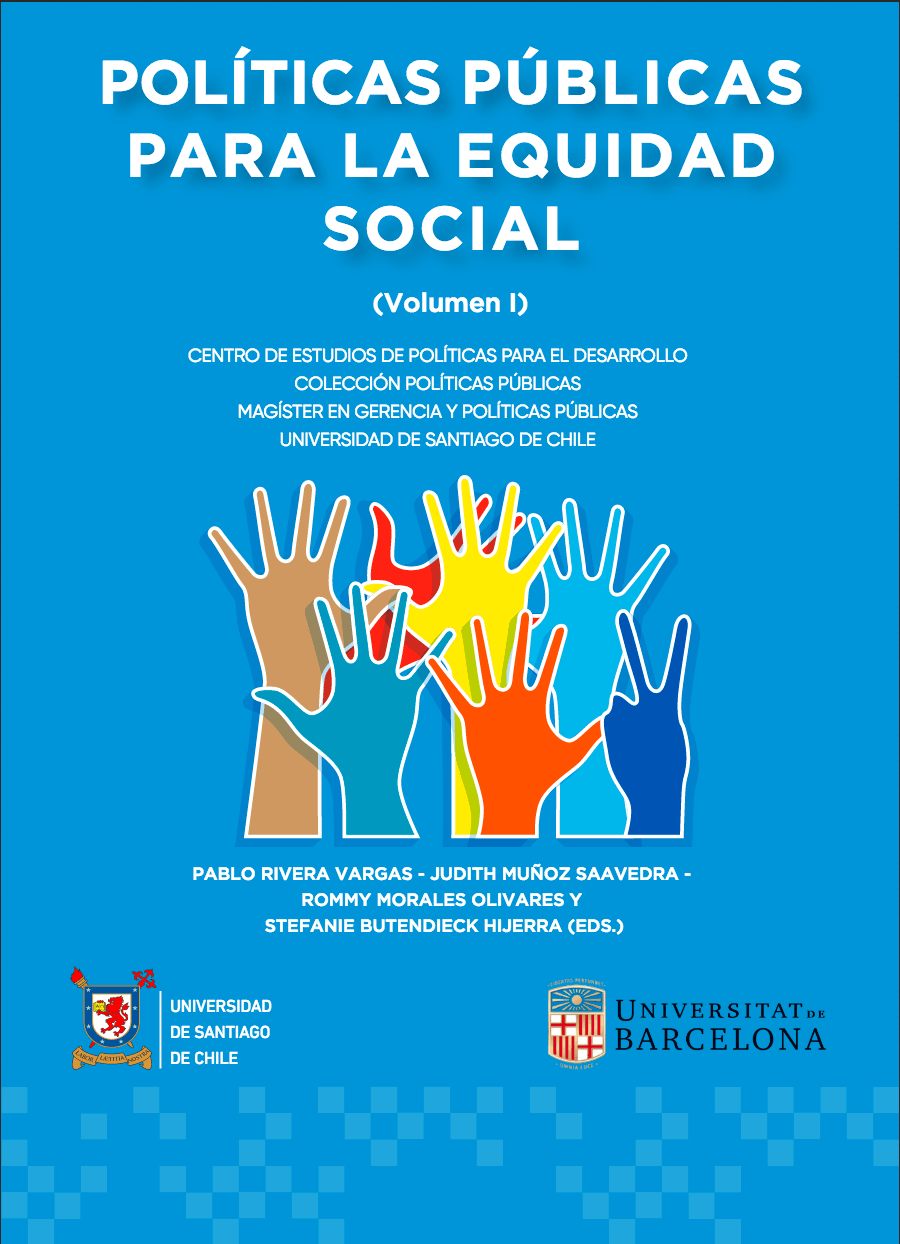by Federica Duca
Public Affairs Research Institute (PARI)
This paper aims at enhancing an understanding of the world of taxes from a sociological perspective. It suggests that in order to achieve a tax system that is perceived and intended as equitable and just by the population, a holistic approach to the knowledge of the notion of tax is needed. Given the main preoccupation of current administrations of African countries to broaden their tax base and to achieve efficient tax administration and collection systems, policies ought to take into account why and in what forms resistance to payment of taxes from the side of the citizens is performed. This, in turn, means going beyond the simplistic paradigm of “tax for service” and advancing an exploration of tax morale. Building on the case of Cameroon, this paper argues that fiscal policies should take into account the social meaning of taxes connected to the idea of the just tax, this would lead to a higher tax morale and to a greater engagement of the citizens with the state.



